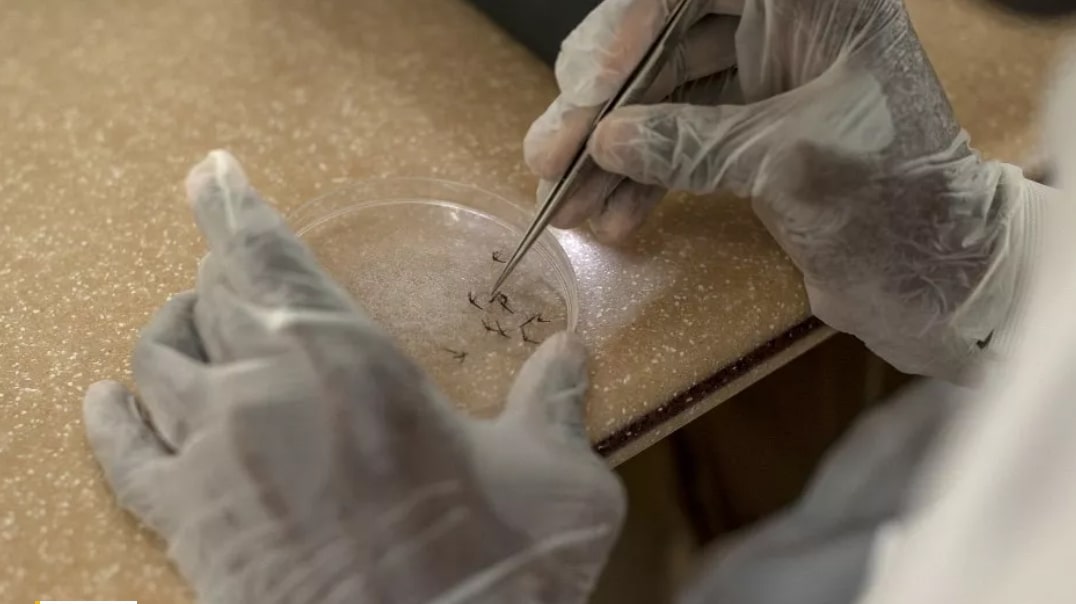
Ghanaian authorities approve new malaria vaccine
On Thursday, a statement revealed that Ghanaian authorities have approved a new malaria vaccine created by Oxford University for use in the country, marking the vaccine’s first authorization.
Ghanaian authorities have approved the R21/Matrix-M vaccine, a new malaria vaccine developed by Oxford University scientists and manufactured by the Serum Institute of India, for use in children aged 5-36 months, who are most vulnerable to malaria-related deaths, according to a statement released by the University.
The approval marks a significant breakthrough in the vaccine’s deployment in Ghana and Africa, where malaria kills about 627,000 people annually, with the majority of the victims being children.
The R21/Matrix-M vaccine is designed to be low-dose and cost-effective, with the Matrix-M adjuvant, a vaccine ingredient patented by Novavax and also used in the company’s Covid vaccine.
The vaccine has demonstrated an efficacy of 77% in preventing malaria, according to a study published in 2021.
This approval marks the culmination of three decades of malaria vaccine research at Oxford and provides hundreds of millions of doses to African countries with a high malaria burden, according to Adrian Hill, head of the R21/Matrix-M program at Oxford.
The vaccine’s efficacy outstrips that of the GSK malaria vaccine, the first vaccine recommended by the WHO for widespread use in 2021, which had an efficacy rate of around 60%, according to research.

